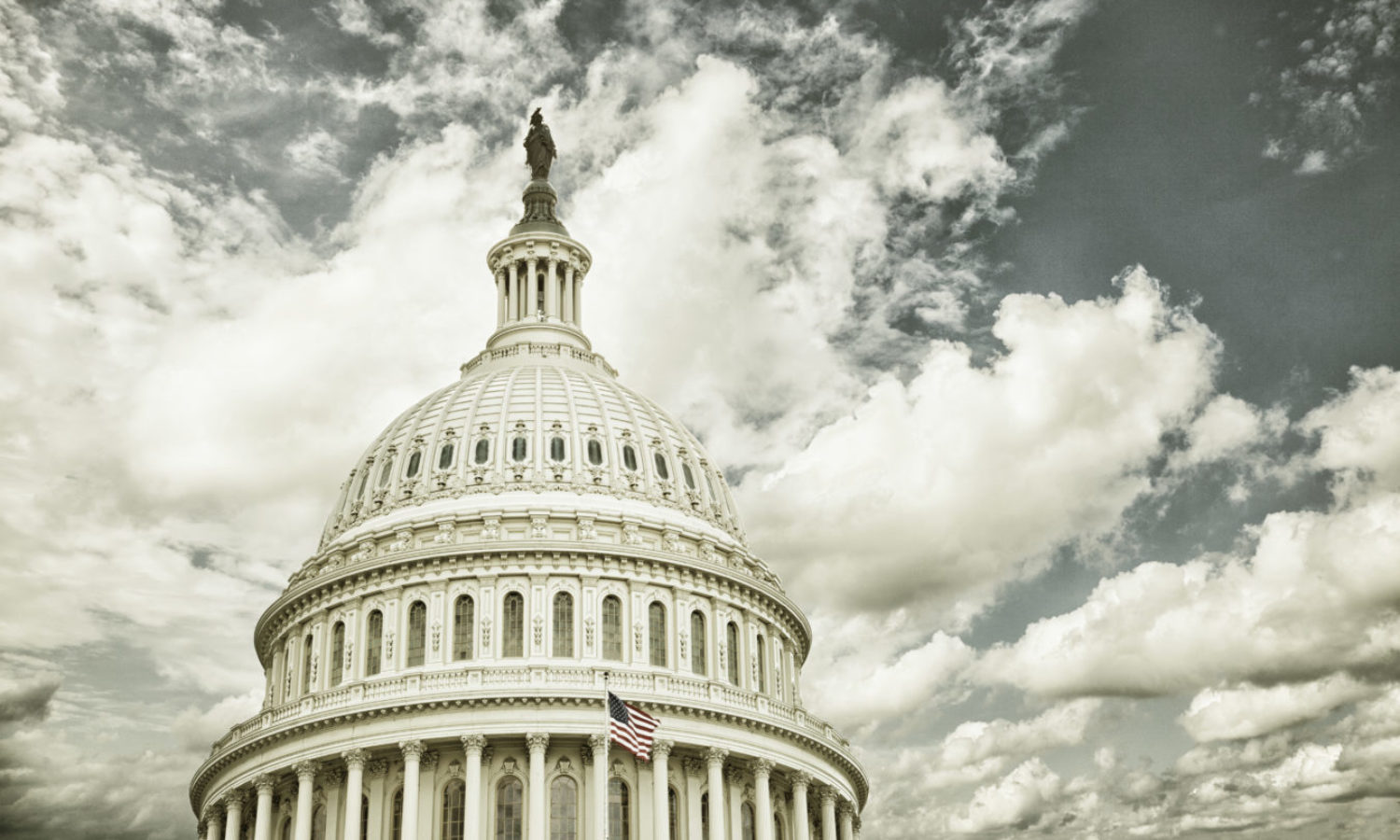i2Coalition January/February 2019 Legislative Update
This is a brief legislative update for the public. Join the i2Coalition for in-depth updates available only to members.
OUTLOOK
The start to 2019 and the 116th Congress was slow, with the focus being on border wall and negotiations to reopen the government. There was no other legislative business. But there were significant outcomes. Those include: the re-organization of House and Senate committees and a handful of confirmation hearings in the Senate, including the hearing in the Senate Judiciary Committee for U.S. Attorney General nominee, William Barr.
The first legislative and oversight hearings of the 116th Congress in the House began in late January, with the Senate Commerce Committee holding its first hearing on the rollout of 5G technology.
SENATE JUDICIARY COMMITTEE CONFIRMATION HEARINGS FOR AG NOMINEE:
As confirmation hearing for nominee William Barr opened, the Chairman listed some of the priorities for the 116th Congress. Note how many of these are related to social media and tech:
- Social Media and Ads
- Ethics reform
- Cybersecurity
- Privacy
- Foreign Interests and Bad Actors
Other tech related highlights from the hearing included viewing tech platforms from a competition law fame, the “network effects” of platforms, and whether the Department of Justice has the authority to address alleged bias on tech platforms.
PRIVACY/TRANSPARENCY/DATA BREACH/ENCRYPTION
President Trump sent his nomination of Keith Krach to the Senate for the position of undersecretary of state for economic growth. If confirmed, Krach would serve as ombudsperson under the E.U.-U.S. Privacy Shield Agreement. This comes as E.U. data protection authorities released a report detailing shortcomings in Privacy Shield.
Hill Privacy Work:
- Facebook scrutiny – At least one Member of Congress believes Facebook’s purchases of Instagram and WhatsApp should have received more scrutiny. This comes as Mark Zuckerberg announced they will be integrating the services with Facebook Messenger. A Senator also voiced concerns about the integration from a privacy perspective.
- Senate Privacy Legislation – Senate Commerce Committee members may have been in discussion about privacy legislation with hopes of introducing a bill soon. There are a number of offices working on bills as bipartisan colleagues and on their own.
- Wireless carriers sharing of location data – On January 24th, a group of 15 Democrat Senators sent letters to the FCC and FTC urging them to investigate how carriers allow location data to be sold and used by third parties without user consent.
TELECOMMUNICATIONS – NET NEUTRALITY
- The House Communications and Technology Subcommittee held a hearing on February 7th, focusing on the FCC’s repeal of net neutrality rules. This was the subcommittee’s first hearing of the Congress and was a good recitation of the various positions on the issue. There are plans to introduce net neutrality legislation in 2019, but no date has been announced.
- In the Senate, multiple Democrats have said there is a net neutrality bill circulating. It may be similar to bill that was introduced last year and led by Sen. Ed Markey (D-MA).
TRADE
- Trade negotiations with China continued through January. The deadline for a final agreement is March 1 in order to prevent the 25% tariffs on Chinese products from being applied.
- USCMA – There is a possibility that the USCMA will be scheduled for a floor vote in Congress mid-Spring. However, there have been no signs from House leadership that they plan to begin action on the agreement until the International Trade Commission issues its report. That report was delayed by the government shutdown and is now likely to be issued mid-March. The digital trade chapter, which is largely based on the Trans Pacific Partnership Trade Agreement, dictates that countries cannot impose measures that hold internet companies legally liable for information stored or distributed over online platforms. Companies acting in “good faith” to restrict material they consider “harmful or objectionable” wouldn’t compromise that immunity, the agreement states. But it also lets countries make exceptions “necessary to protect public morals,” explicitly citing the Fight Online Sex Trafficking Act as an example. FOSTA passed last year with mixed support from the tech industry, which took issue with amending Section 230 of the Communications Decency Act to hold firms accountable for sex trafficking facilitated over their networks.
- US – EU Trade Talks – In late 2018, the USTR announced that the Trump administration will begin consultations with Congress on trade talks with the European Union under Trade Promotion Authority, a legislative tool that allows the president to seek a simple yes-or-no vote by lawmakers on a final deal. In exchange, the administration must clear a series of hurdles, such as remaining in close consultation with committees in the House and Senate that oversee trade.

